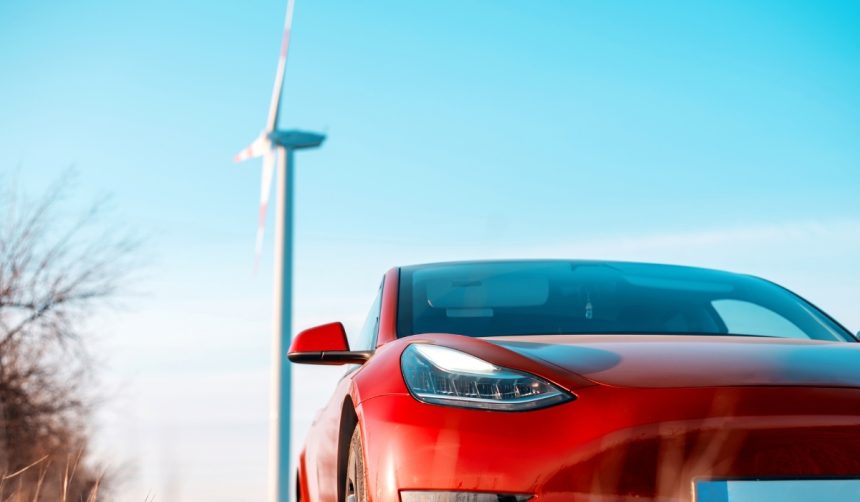Rivian, an electric vehicle manufacturer known for its R1T pickup and R1S SUV, has launched legal proceedings against the Ohio Bureau of Motor Vehicles. The lawsuit asserts that Ohio’s restriction on direct-to-consumer vehicle sales unfairly benefits Tesla while placing competing automakers at a disadvantage. Ohio’s regulations mean Rivian cannot offer its vehicles to local consumers without going through an auto dealership, requiring buyers to visit other states to make a purchase. This raises questions about how regulations can impact the competitiveness of traditional and emerging automakers in the state’s growing electric vehicle market. The complaint centers around state legislation enacted in 2014, which granted Tesla a specific exemption to the direct sales rule, thereby establishing different standards for comparable businesses.
Ohio’s stance on direct vehicle sales has generated attention over time due to its unique allowance for Tesla. When similar disputes arose previously, extensive debate surrounded the potential implications for the automotive industry, highlighting concerns about market accessibility and consumer freedom. Other manufacturers and industry observers have noted the broader trend of legislative carve-outs for early EV brands like Tesla, which have sometimes resulted in uneven opportunities for new market entrants.
What is Rivian’s Argument Against Ohio’s Direct Sales Ban?
Rivian asserts that Ohio’s existing law constitutes an act of economic protectionism, benefiting established dealerships at the expense of new manufacturers and consumers alike. The company alleges that by permitting only Tesla this privilege, the state is prioritizing the interests of local franchise dealerships. In court filings, Rivian described the ban as follows:
“Ohio’s prohibition is pure economic protectionism for the benefit of Ohio’s existing auto dealers, putting their profits ahead of consumers.”
Rivian argues for equal access to consumers, maintaining that the ability to sell directly is fundamental to its business model and customer experience.
How Does Tesla Operate Differently Under Ohio’s Laws?
Tesla is uniquely allowed to operate its direct sales approach in Ohio, running company-owned locations with fixed prices absent from the traditional dealership infrastructure. State legislation authorized Tesla to continue selling through three outlets, distinguishing it from competitors like Rivian, who do not have this provision. Other new entrants, including Rivian, must utilize indirect channels or send customers to locations outside Ohio’s borders, which undermines their local market outreach and creates inconsistent consumer experiences.
Will Rivian’s Lawsuit Lead to Broader Regulatory Shifts?
Rivian’s legal challenge seeks to prompt a review of Ohio’s direct sales ban as applied to new manufacturers. The company makes it clear it is not attacking Tesla’s given rights but rather the selective restrictions placed on equivalent rivals. In its complaint, Rivian emphasized:
“As a result, Ohioans seeking to purchase Rivian vehicles must do so through Rivian’s dealer-licensed locations in other states.”
By contesting these regulations, Rivian aims to establish a precedent that could affect future policy choices for automotive sales channels throughout Ohio and potentially other states.
Ohio’s regulatory framework for auto sales highlights ongoing friction between established dealership models and newer, direct-sales electric vehicle companies. While advocates of the dealership model argue it protects consumers and encourages local business, manufacturers like Rivian contend that modern automotive retail requires streamlined processes and broader access. The outcome of this case could influence whether other automakers will attempt similar legal action and how state governments design legislation to balance legacy business interests with innovation in the transportation sector. For consumers, the resolution of such disputes could determine the flexibility and competitiveness of local markets in accessing new electric vehicle brands.










